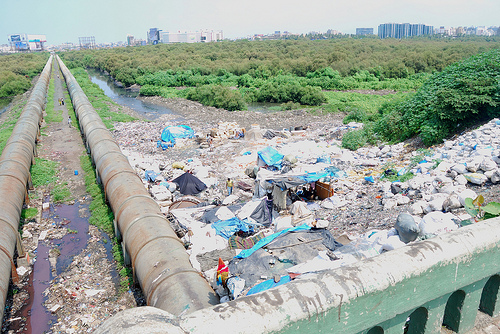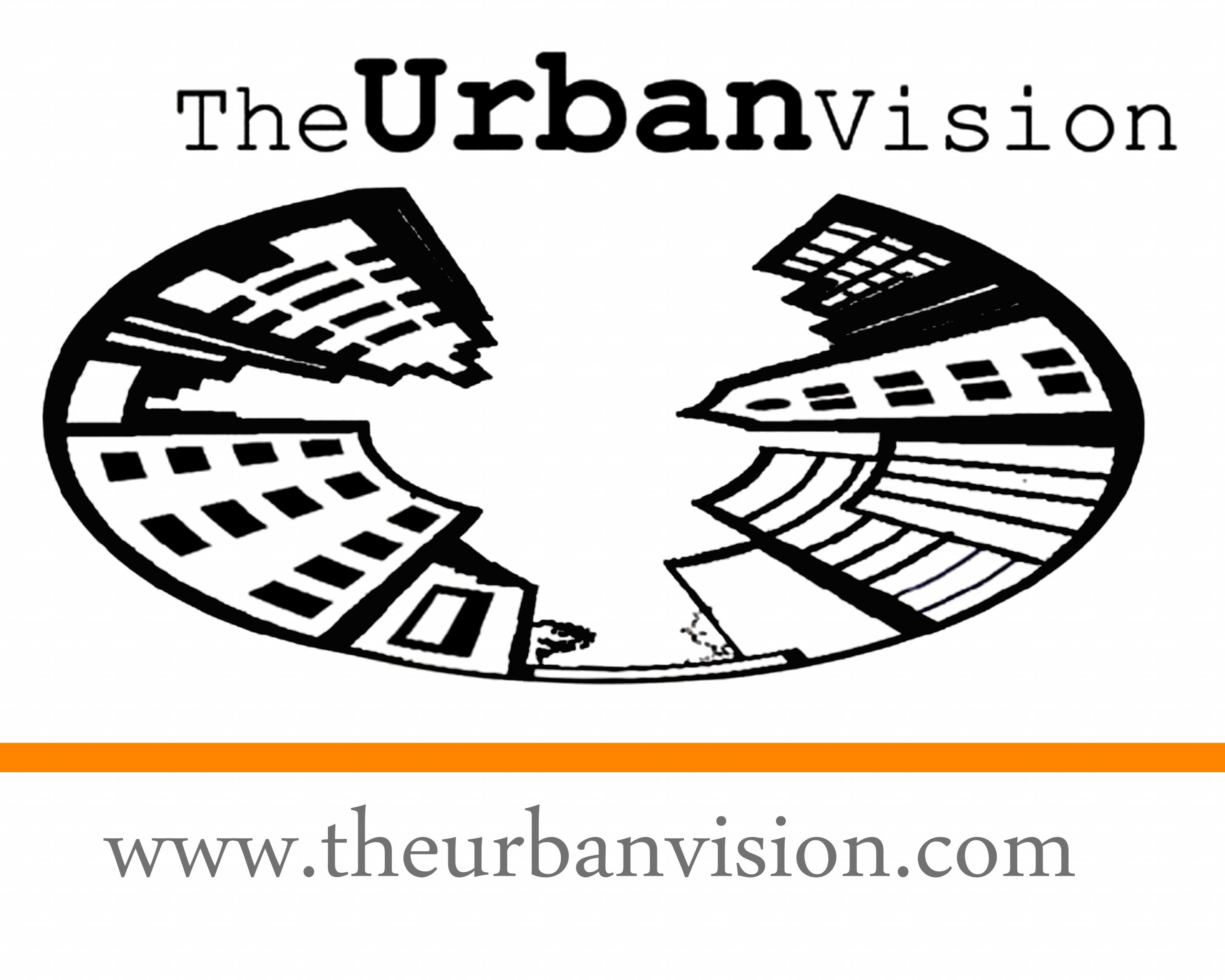photo credit: 陈霆
Imagine our beloved city of Mumbai if our hundred thousand ‘waste-pickers’ / ‘rag-pickers’ suddenly vanished! Our neighborhoods would be awash in waste, in excess of what the municipal authorities can handle. Our massive recycling industries, such as in slums like Dharavi, would lose a chunk of their raw material inputs. Our city’s greenhouse gas emissions would significantly increase, with landfills and their harmful effects ballooning further. Our commercial purchasers of recycled products would find costs rising. And most unfortunate of all, our most poor and vulnerable members of urban India would lose their one and only opportunity to earn a meager 100 rupees a day while contributing to our social development.
This is the great irony of urban India. Our most active ‘green collar’ workers are invisible to us though they perform a critical service to us all. These rag-pickers, many of whom are women and children, are driven as a final resort to the only job left for them in the city… the filthy and dangerous job of roaming the streets for hours on end, scavenging for solid waste, manually segregating it into paper, plastics, glass, e-waste and so on, and then selling it to traders and middlemen who supply the recycling and reuse industries. And all the while enduring a number of health hazards, abuse at the hands of local thugs, and a continual assault on their dignity.
And what do these ultra low-cost workers get in return for their services? No identity, no rights and protections, no access to public services, and not even the vaguest possibility of rehabilitation. As a relative of mine once opined: “India is a rich country with poor people.” And he was not referring to our population bracketed under ‘Below the Poverty Line.’ He was referring to our prosperous middle and upper-middle classes that continue to legitimize the plight of groups such as the rag-pickers… in the name of karma, the caste system, and an ingrained sense of apathy toward a corrupt and wrecked socio-economy.
But the tide is turning, and turning is it rapidly. More and more people share my sense of outrage, and want to find ways of alleviating some of these waste and human rights issues. For our cities are now bursting at the seams, these issues are spiraling out of control, and we all share in the same ecological destiny. Fortunately, hidden in this quagmire are a host of opportunities for businesses, non-profits, and of course the larger community. Businesses and social entrepreneurs are moving into professional waste management, waste-to-energy and recycling, and require low-cost labor and access to segregated waste. Non-profits that support waste-picker communities can enhance their ecological initiatives by hooking them into a sustainable waste value chain. Designers and retailers are beginning to see value in marketing and selling products made out of degradable and recycled materials. Educators are introducing reduce-recycle-reuse programs into their student bodies, and using student empathy as a powerful platform for spreading awareness on these issues. Housing colonies are beginning to see value in not just managing their own waste but also donating some of it to local waste-pickers. Corporates are seeing a good fit between their corporate social responsibility programs and some of these waste, water and conservation programs. And finally, even the media and entertainment industry is pitching in to sponsor and support awareness and fund-raising campaigns.
So where does this leave each of us? As each us connects with one or more of these avenues to alleviate our waste crisis, we need to simultaneously ensure that the fragile livelihood of our waste-pickers is not compromised or marginalized. We need to build a personal relationship with these courageous green collar workers. We need to furnish them with basic tools for their trade, provide them greater and safe access to solid waste, enhance their ability to earn, and encourage corporates to bring ultra low-cost utilities and healthcare to their communities. And finally, for the workers that then have a few new hours available to them in the day, we need to provide them re-skilling/education that promises new options for livelihood.
A noteworthy non-profit in this area of waste management, recycling and advocacy is ACORN Foundation India’s Dharavi Project, led by advocate Vinod Shetty. This non-profit utilizes a number of volunteers from the professional sector to help secure the livelihoods, working conditions and dignity of the above mentioned waste-pickers (many of whom are women and children). They conduct awareness and advocacy campaigns to increase public and private involvement in this community. They help recyclers increase the throughput of their value chain, and by essence that of the waste-picker. They work with dozens of schools on waste and recycling projects. They organize eco-fairs and musical concerts and workshops, targeted at kids from neighboring slums and municipal communities. And most recently, they have starting advising townships on their waste management programs. Their work and repute is growing, as evidenced by coverage in the Hindustan Times, Mumbai Mirror, and Times of India national edition.

